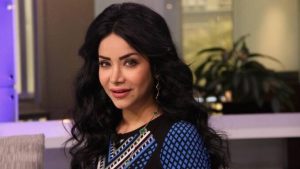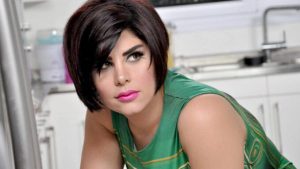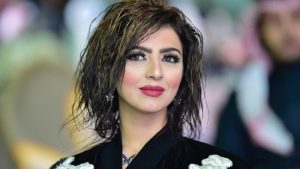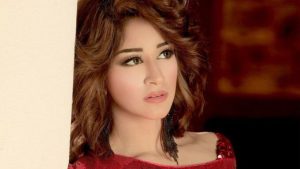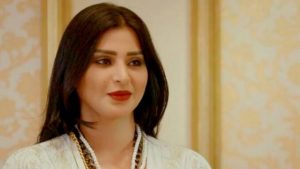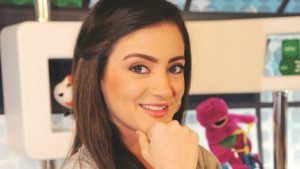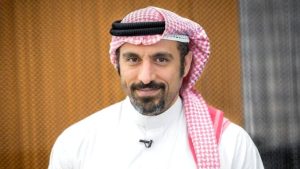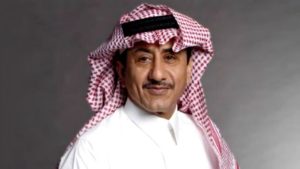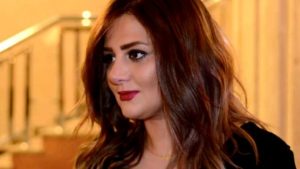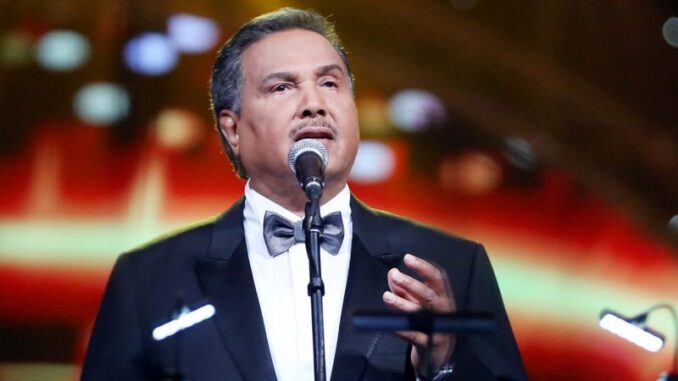
Mohammed Abdu, a Saudi singer, was born on June 12, 1949 in Al-Darb, Jazan – Saudi Arabia.
Biography and life story of celebrity in English.
Basic info wiki card
Name in English: Mohammed Abdu
Name in Arabic: محمد عبده
His full real name: Mohammed Abdu Othman Al-Asiri
Nickname: Arab artist
Nationality: Kingdom of Saudi Arabia
Language: Arabic, Gulf dialect
Religion: Islam (Sunni)
Date of birth: June 12, 1949
Place of birth: Al-Darb, Jizan, Saudi Arabia
Age: 73 years old (in 2022)
Astrological Sign: Gemini
Profession: Singer, composer
Genre: Gulf Tarab
Musical Instruments: Oud
Years of activity: 1961 – present
Biography, Life story
Mohammed Abdu was born on June 12, 1949 in Al-Darb Governorate – Jazan, in the south of the Kingdom of Saudi Arabia. He suffered from orphanhood in his childhood, as his father died when he was 6 years old, and he lived in poverty and destitution until he lived for a period in a charitable bond with his brother, granted by King Faisal bin Abdulaziz. He was able to enter the Industrial Institute and specialize in shipbuilding in Jeddah, in an attempt to fulfill his old dream of becoming a sailor like his father, but he was also fond of art and singing.
Mohammed Abdu began his singing journey in 1961 at an early age while he was a student at the Industrial Institute, from which he graduated in 1963. Mohammed Abdu traveled from Jeddah to Beirut to build artistic glory, and there he sang many of the songs of those who preceded him, including the song (They said it in the neighborhood… the world is treacherous). ), then he sang his first song, which is (I quarreled with my eyes for years), and he quickly went through the composing experience, and the song (Salvation, Our Wishes Are Lost… Madame Al-Helou Nasina) was presented by the oud and percussion without any musical arrangement, and the success of this melody was an encouragement for him to engage in More and more self composing.
He composed the words of the poet (Al-Gharib), which is the song (The Long Eyelash) in 1967, and through it he achieved artistic success and spread throughout Saudi Arabia, the neighboring Gulf countries, and the Arab world. And the seventies almost began, but he successfully completed the first stage in the history of the modern Saudi song associated with him for his development of Saudi art.
The seventies witnessed many successes in the theaters of a number of countries such as (the Emirates, Qatar, Lebanon, Kuwait, and Egypt), where the biggest breakthrough was that Mohammed Abdu became an ambassador for the Saudi song, and the situation developed until he became an ambassador for the Gulf song and then for the entire Arabian Peninsula, until he became called Bassem (Singer of the Arabian Peninsula) or (Artist of the Arabian Peninsula). In the 1980s, the then Tunisian president, Habib Bouguiba, gave him the title “Arab Artist” at a party in Tunis, after which he presented something new. He retired from appearing in concerts for 8 years (1989-1997), and despite that, he presented (The Rain Song) and (The Frame) and several recorded sessions, which he released in the form of albums bearing the name (Shaabiyat). At the time, he composed many Janadriyah operettas.
He is considered one of the most famous Arab artists in the Arab world who lived with the old and modern generations. He is known by the title (Artist of the Arabs) and is highly respected in the art scene. He participated a lot in singing in the major Arab theaters in the Arab Gulf countries, the Levant and Africa. He is considered the most prominent Saudi artist and the most beautiful Arab voice.
Many followers of the artistic community gather that Mohammed Abdu is one of the most important artists who contributed to spreading the Gulf song throughout the Arab world. He is the developer of the Saudi song, alongside the poet Prince Khaled Al-Faisal and the poet Prince Badr bin Abdul Mohsen.
List of works
Top Songs
The sixties (1960-1970): I quarreled with my eyes for years, O Abu Thayer Poetry, Sekkat Al-Tayehin, There is no need, God has melodies, I went to the doctor, Antelope of the South, Don’t look at me with an eye, I see you every day, The Boat of India.
The 1970s (1970-1980): Yes, Banishment (Night by Night), Longing overwhelmed me, Letters, Respond to my greetings, You are my beloved, My money and people’s money, In the weather is cloudy, The world passed me by.
The eighties (1980-1990) (and critics consider it the golden period): Your voice calls me, Thursday night, the mourners, I apologize, do not steal the time, welcome the precious goodness, above the clouds, I refuse the distance, and they, you are with me, I need it, I come to you, my love A burning ember, from the beginning of time, all of you looking at those who care about me, the journey is long.
The Nineties (1990-2000): Suffering, The Rain Song, The Frame, Have You Forgotten, The Distant Dawn, We Differed, The Last Visit, The Closest People, On Mind, Good Evening, All We Forget.
Millennium (2000-2010): Insan Group, Daughter of Light, I confess to you, Similar to the Wind, Amazing, Places, Cruelty, Absent Passion, Habib Love, I miss your time, My days are yours.
Millennium (2010 – present): My days are yours, I have words, the meeting of the two hours, the impossibility of forgetting you, God brought you, the night cries, declaring love to her, the story, but a moment, a high star.
Poets with whom he collaborated
Badr Shaker Al-Sayyab, Abdullah Al-Faisal, Khaled Al-Faisal, Badr bin Abdul Mohsen, Abdul Aziz bin Saud, Talal Al-Rasheed, Ibrahim Khafaji, Taher Zamakhshari, Faiq Abdul-Jalil, Thuraya Qabil, Mohammed bin Rashid Al Maktoum, Saud Salem, Mohammed Al-Ahmad Al-Sudairy, Nawaf bin Faisal, Abdul Rahman bin Musaed, Sari passed us.
Composers with whom he has collaborated
Omar Kadras, Tariq Abdul Hakim, Youssef Al-Muhanna, Mohammed Shafiq, Abd al-Rab Idris, Adnan Khoj, Nasser Al-Saleh, Rabeh Saqr, Mohammed Shafiq, Siraj Omar, Eid Al-Faraj, Anwar Abdullah, Baligh Hamdi, Mohammed Al-Moji, Sami Ihsan, and many others .
